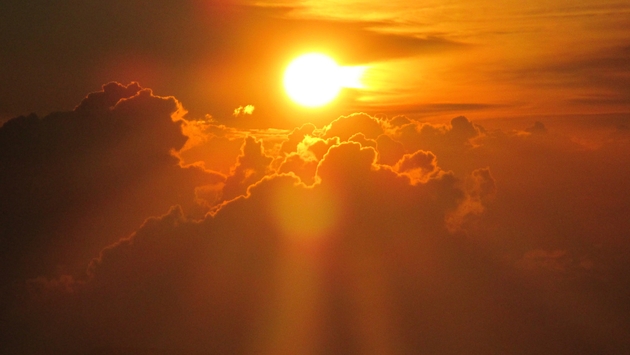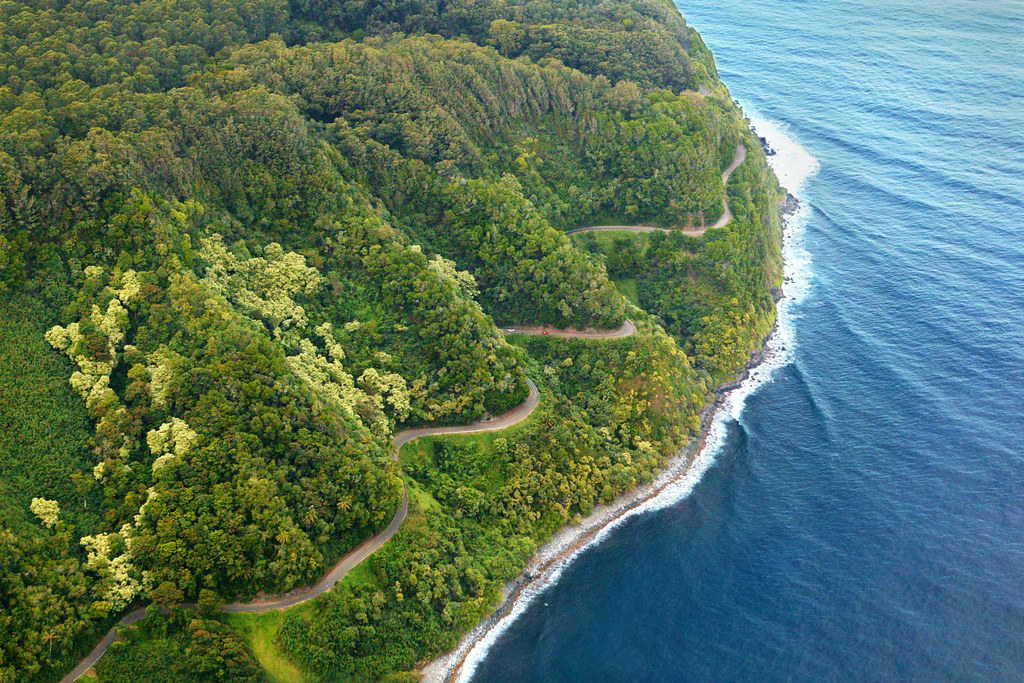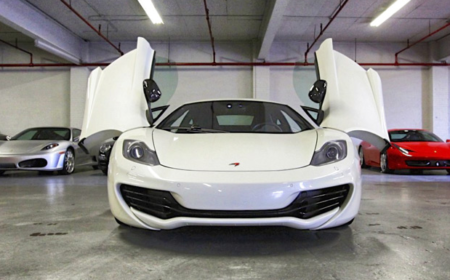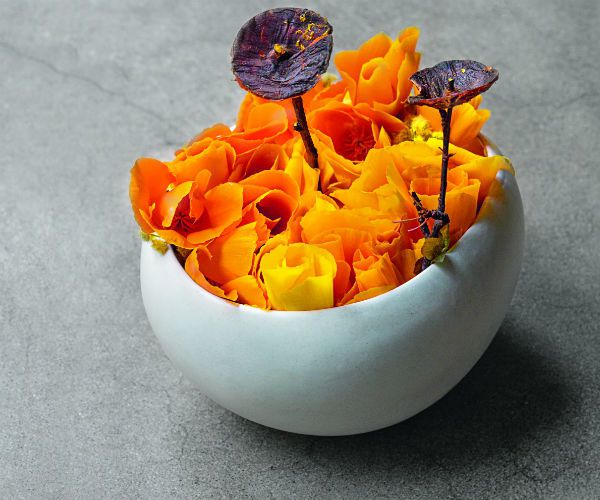
My husband says that Maui is like taking all the Hawaiian Islands and throwing them in a blender.
He’s absolutely right: It’s ideal for a first-time visit to the islands or for repeat offenders like us.
Maui’s often referred to as the “golden child” of the Hawaiian archipelago. From volcanoes and rainforests to waterfalls and colorful sand beaches, Maui is the epitome of the perfect paradise. No matter how many times we’ve been, we’re always thrilled to return.
As one of the most popular tourist destinations in the world, Maui has more than earned its reputation as No Ka Oi (The Best). Here’s why:
Sunrise at Haleakala

There’s no debating. Seeing the sunrise at Haleakala National Park is almost a religious experience.
It’s so magnificent and popular that, as of February 2017, sunrise viewing reservations became required online through the national park service. Tours are available to those who don’t want to make the winding early morning drive themselves.
Some ask if waking up in the wee hours of the morning and bundling up to reach the frigid 10,023-foot elevation was really worth it. But when the sun peaked through the clouds, the entire sky was filled with a myriad of color casting amazing hues of light everywhere. There were no words to adequately describe it.
We simply asked ourselves “are we in heaven?”
Authentic Hawaiian Luaus

We’ve been to luaus on practically every Hawaiian Island but none compare to our Maui favorites.
The Old Lahaina Luau is spectacular, striving for a much more authentic Hawaiian feel than its competitors. The oceanfront venue is right in the historic town of Lahaina. Dinner included a bountiful Hawaiian buffet, open bar and a choice of seating—traditional mats or tables and chairs.
The highly entertaining show features exquisitely choreographed authentic cultural dances celebrating Hawaii’s history. Unbelievable ocean and sunset views add a magnificent backdrop to the performance.
Not your typical luau by any stretch of the imagination, The Feast at Lele(ancient Hawaiian name for Lahaina) offers a slightly different twist: In place of large-group seating, guests are at private tables in an intimate romantic setting. The stage is much closer and, once again, the sunset provides its magic touch to a spectacular evening.
Dinner features a five-course epicurean feast honoring Pacific Island cuisine as dancers transported us on a historical musical journey across the islands that helped make Hawaii what it is today.
The Road to Hana

The Road to Hana is the crown-jewel of “stop the car” experiences.
How long it takes depends on how many times you stop the car and get out for the multitude of incredibly spectacular views. We usually pack a lunch and set aside an entire day because there’s so much beauty to behold here and, honestly, we like to take our time and drink it all in.
The Hana Highway slowly winds through a lush jungle-y paradise past a myriad of waterfalls, some quite close to the highway. Other cascades and mountain streams are accessible with a short and easy hike. The drive also offers magnificent views of spectacular cliffs plunging into the sea and a coastline bathed in beautiful, powerfully relentless ocean waves.
Exploring Maui’s History

Even with its modern-day trappings, Maui retains a healthy dose of old Hawaiian authenticity worth exploring.
Yes, the historic whaling town of Lahaina has transformed into a popular Maui hotspot with its art galleries, boutique shops and restaurants, but history certainly abounds here.
During the early 19th century, the town was not only the capital of the Hawaiian Kingdom but a booming whaling village. The character of “Old Lahaina” remains true to its heritage, reflecting the whaling era immortalized by Herman Melville in his classic novel Moby Dick.
Several historic landmarks remain in the town today, including the oldest living banyan tree planted in 1873 that covers an entire acre. The Old Lahaina Lighthouse was commissioned by King Kamehameha III during 1840.
A drive through the scenic Kahekili Highway leads to the isolated picturesque community of Kahakuloa Village that looks much as it did a century ago. The quintessential old Hawaiian village is like stepping back in time. As an added bonus, roadside stands serve Hawaiian shave ice, coconut pies and some of the best banana breads ever—all made with local ingredients.
Maui’s Beaches

Maui has more than 30 miles of white, green, red and black sand beaches, plus more miles of accessible shoreline than any of the other Hawaiian Islands. It’s no wonder these awe-inspiring beaches have been named some of the best in the world.
Makena Beach (locally known as Big Beach or Oneloa) is the most photographed in Hawaii and one of its most popular. This beautiful crescent of golden sand—with its crystal-clear waters and sandy bottom—is a dream for swimmers, snorkelers and boogie boarders.
Thanks to a local’s recommendation, we found Po’olenalena Beach, an almost deserted stretch of golden sand known for its spectacular sunset views. Snorkeling was exceptional around the rocky outcroppings at the south end of the beach. To our delight, green sea turtles nonchalantly glided right past.
Known as one of the best swimming beaches on Maui, Kapalua Beach is simply breathtaking. The calm sheltered waters and natural tide pools teeming with sea life make this popular for families. In the winter, it’s common to see whales migrating in the deeper offshore waters.
Windsurfing (or watching it)

Windsurfers of the world will tell you that Maui has the best windsurfing on the planet due to its gusty tradewinds. Ho`okipa Beach Park in North Shore is the mecca, drawing professionals from around the world to its wind-swept waters.
Those who participate say it’s a first-class adrenaline charge. For those who don’t, the lofty beachside hills provide great views of highly skilled acrobatic windsurfers catching air and 360s in the face of monstrous winter waves.
Whale Watching

Humpback whales travel through Maui’s waters from December to mid-April, and many companies book whale watching trips for up close and personal views of these majestic mammals.
But a second option if time, cost or sea-sickness is a factor is to head to the scenic lookout between mile markers 8 and 9 on the Honoapiilani Highway. With stunning panoramic ocean views, this is an incredible place to watch spouting and breaching whales safely from the shore.
Island Dining
There’s no shortage of places to eat in Maui, ranging from roadside stands to high-end restaurants. Our adage has always been that we may not remember what we ordered, but we’ll always remember the experience. That usually means the restaurant had a view to die for.
There’s no doubt that if we had to name one restaurant as an absolute must-do in Maui, it has to be family-owned Mama’s Fish House. It’s wasn’t cheap, but, oh, was it worth it. Our fish entrees (which change daily depending on the freshest catch) were delightfully imaginative and diabolically satisfying. And nothing compared to the ambiance of being seated at an open window looking out to a banyan-treed walkway and picturesque palm-lined beach with stunning ocean views.
For a more casual experience, Leilani’s on the Beach in West Maui is located, as the name says, right on famous Ka’anapali Beach.
It’s the perfect vantage point for viewing sunsets framed by the nearby islands of Lanai and Molokai. No matter what we order, we always make room for the devilishly delicious Hula Pie. Made with a chocolate cookie crust, macadamia nut ice cream topped with hot fudge, whipped cream and chopped mac nuts, it’s indulgence at its finest.
Maui’s one of those places that makes traveling an addiction. Its reputation as a top-world destination is well-deserved. With its mix of perfect beaches, lush green valleys, volcanic landscapes, adventurous water sports, historic villages, rich culture and stellar restaurants, Maui always delivers the perfect vacation experience.
But a word of warning here. Once you taste its sensually enticing fruit, you’ll be back for more.


